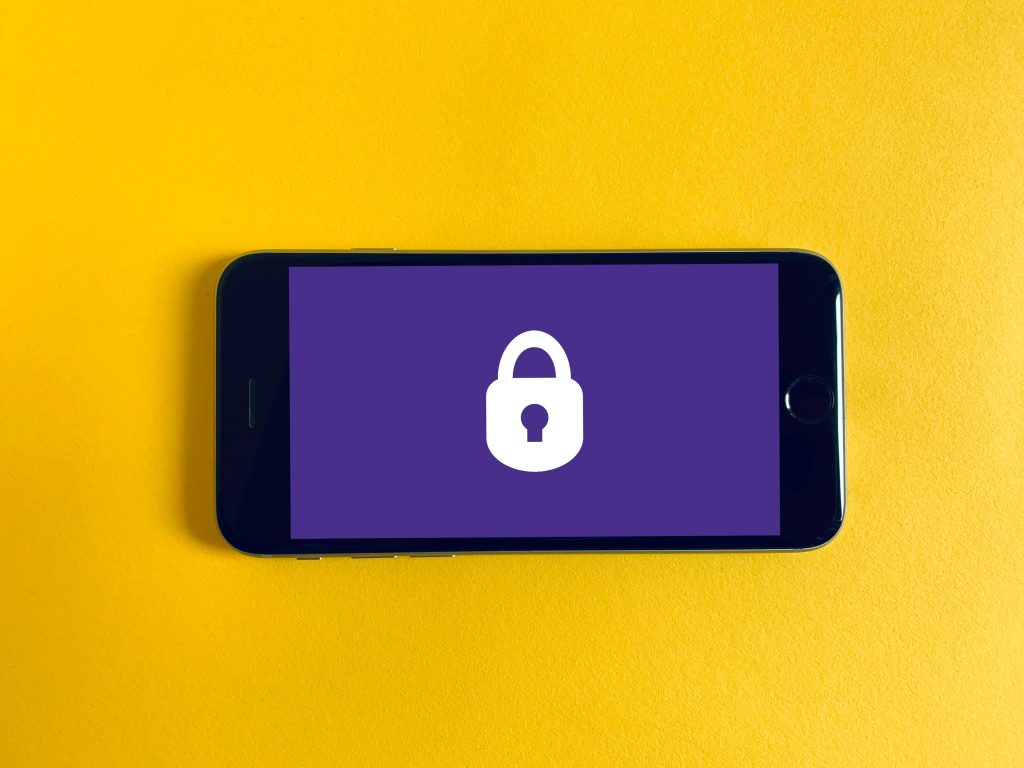Master the art of secure web gateway! How secure is your web gateway? Is it safe enough to store credit card information or personal data? How can you improve its security?
A web gateway is a device that sits between your computer and the Internet. It allows you to access websites securely without having to type in long URLs.
Here are 9 ways to master the art of secure web gateway.
1. Always use HTTPS
Although the majority of web browsers now provide a way for users to verify that the website they are visiting is using HTTPS. It’s important to keep this in mind when setting up your own gateway: If you don’t know whether the website you’re accessing is using HTTPS, don’t enter any sensitive information.
2. Always check the certificate
If you’re going to a website that uses encryption, you should always check the certificate before entering any data into a form. In fact, this is true for any HTTP connection if you have reason to believe that someone might be spying on your actions.
3. Use a dedicated computer
If possible, it’s best to use a dedicated computer for accessing web pages. That way, if your computer has been tampered with or infected by malware, it won’t be able to send any of your sensitive data over an unencrypted connection.
4. Use an encrypted operating system
An encrypted operating system can protect your entire computer from tampering and exploitation if it’s been encrypted properly. However, if an attacker has physical access to your system, they may be able to bypass the encryption.
5. Use strong passwords
It’s important to use strong passwords for all of your accounts so that other people can’t access them if they ever get their hands on your device. It’s also important to change them regularly so that others won’t be able to figure out your new password just by looking through your previous ones.
6. Store sensitive data in secure storage devices
If you’re going to store sensitive data on your computer or mobile device, you should encrypt it before sending it over an unencrypted connection. There are several companies that sell dedicated secure storage devices designed for such purposes.
7. Use a VPN tunnel
VPN stands for “virtual private network,” and it’s a way of encrypting all of your Internet traffic so that it can’t be read by any snoopers or eavesdroppers. This is useful if you’re using an unencrypted wireless network in a hotel or coffee shop, or if you want to encrypt the data you send over an unencrypted public network.
Because VPNs use encryption, they can slow down your connection by anywhere from 10% to 50%, depending on how much traffic is going through them at any given time. However, if you’re on a public network, the slowdown may be worth it if it means that your data can’t be seen by third parties.
8. Use two-factor authentication
Two-factor authentication involves using something you know (your password) and something you have (a special code generated by an app or sent to your mobile phone) to log in to your account.
This way, if someone has access to your password, they won’t be able to gain access to your account without also having your phone or special code.
9. Keep your software up to date
It’s important to keep your operating system and all of its apps updated. so that you can take advantage of the latest security fixes. However, if you’re using an encrypted operating system, you may want to hold off on any updates that involve a reboot until you’ve successfully logged back in with your normal password.
